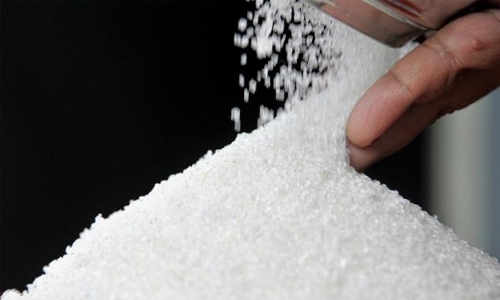The Cuban sugar struggle
Sugar: it’s so quintessentially Cuban that even a young, machete-wielding Fidel Castro used to hack away at the cane stalks vital to the Caribbean island’s economy. Now, the long-time world leader in sugar production is importing the stuff for the first time, and in large amounts, from France after another bad harvest. Sugar used to account for the vast majority of Cuba’s exports.
But the fall of its big brother, the Soviet Union -- a key, hungry customer -- changed everything, as did a lack of investment in seeds, fertilizer and pesticides. To wit: in the early 1990s, Cuba produced about eight million tons of sugar a year. A decade later, it stopped reaching two million a year. Back then, sugar accounted for almost 75 percent of Cuban exports.
In 2015, it was only 13 percent, with other products like nickel and tobacco making up some of the difference. The 2017-2018 harvest suffered badly after Hurricane Irma ravaged the country, followed by a long rainy season. So Cuba is importing sugar from France.
Whiter sugar
On the island, residents quickly caught wind of the somewhat counter-intuitive development. Here, sugar from cane tends to be brownish.
But the French version comes from beets so it is whiter, and the granules are finer. And that is what Cubans started receiving with their “libreta” -- their ration book. “The sugar we get now is very good. It is very sweet, not very different. The only difference is the colour,” said Felicia Navarro, a 40-year-old homemaker. The French government farm and seafood export agency FranceAgriMer said that from 2001 to 2017, Cuba had imported just three tons of sugar from France.
But in just three summer months this year -- June, July and August -- that number ballooned to 40,000 tons. “This is the first time in history that Cuba is importing significant amounts of sugar from France,” FranceAgriMer said. Cuba imports most of the food it consumes. Yearly, it imports 400,000 tons of wheat.
Related Posts

